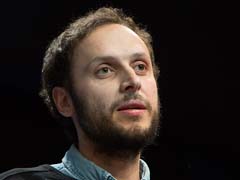The philosopher Srećko Horvat warns that privatisation and increasing control of public spaces could mean the end of democracy.
Horvat, a philosopher and political activist spoke at the CCCB on the occasion of the Barcelona Debate 2017, “Old Europe, New Utopias”. In the interview he gave to Shared Spaces he stressed the inextricable relationship between public space and democracy, and spoke of the dangers entailed for democratic functioning by the disappearance of public space as a result of increasing privatisation. The concept of public space is almost synonymous with that of the agora, which implies going back to its origins in Ancient Greece and the urban space par excellence where people came together to discuss matters that concerned them. It was also the space where philosophy and theatre were born.
Horvat gives the example of the difference between the activities that can take place in a public space and a shopping mall. In the former, anyone can make a speech or play a musical instrument but the monitoring systems in the latter do not allow any kind of citizen expression. He takes the dissimilarity still further when he states that vigilance and privatisation are more and more present in the everyday lives of individuals in the forms of Big Data and security cameras everywhere.
His favourite public space is the theatre, to which he adds cafés. Like Richard Sennett, he upholds them as places of subversion where people exchange ideas and even “plot” revolutions.



